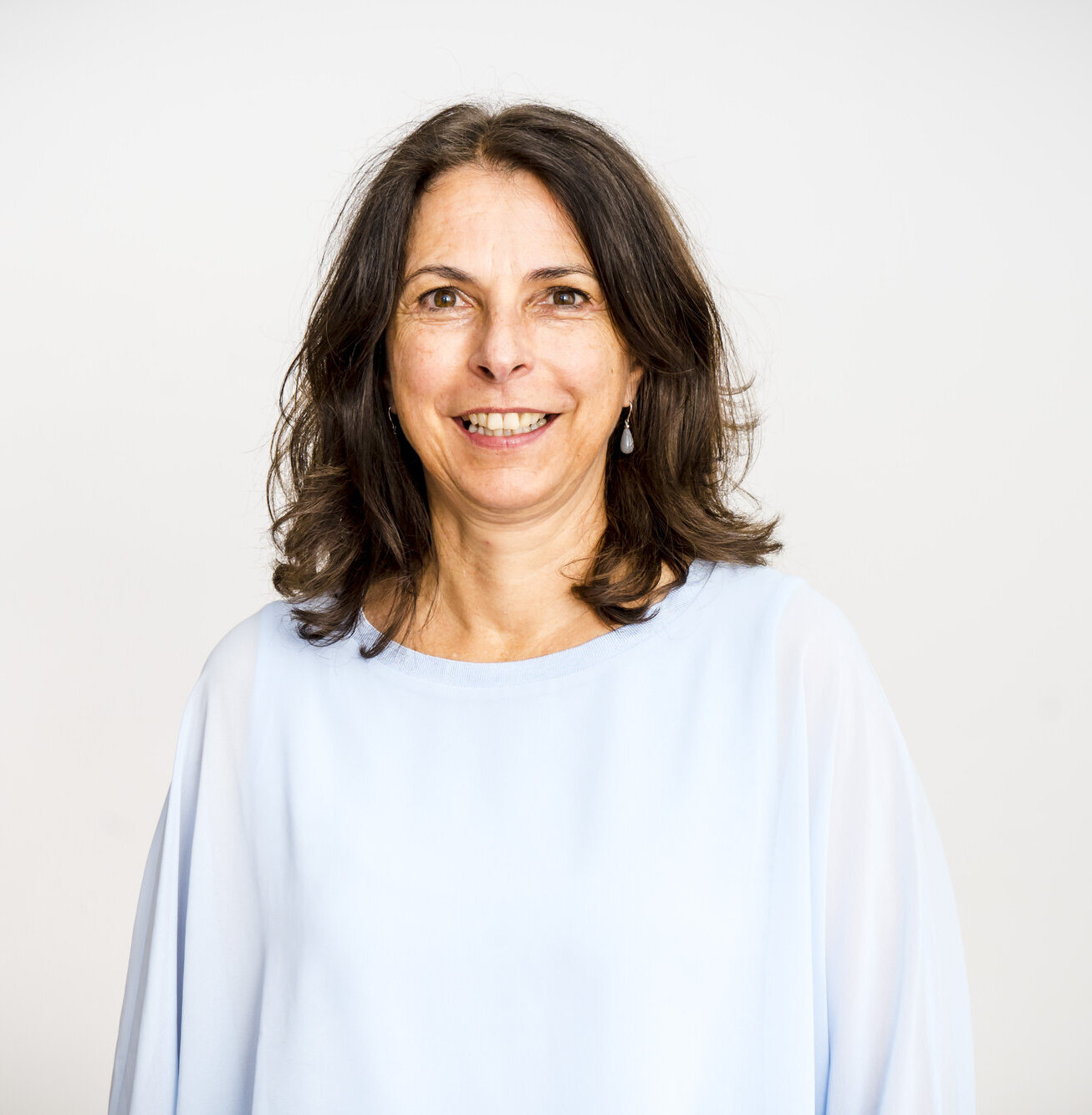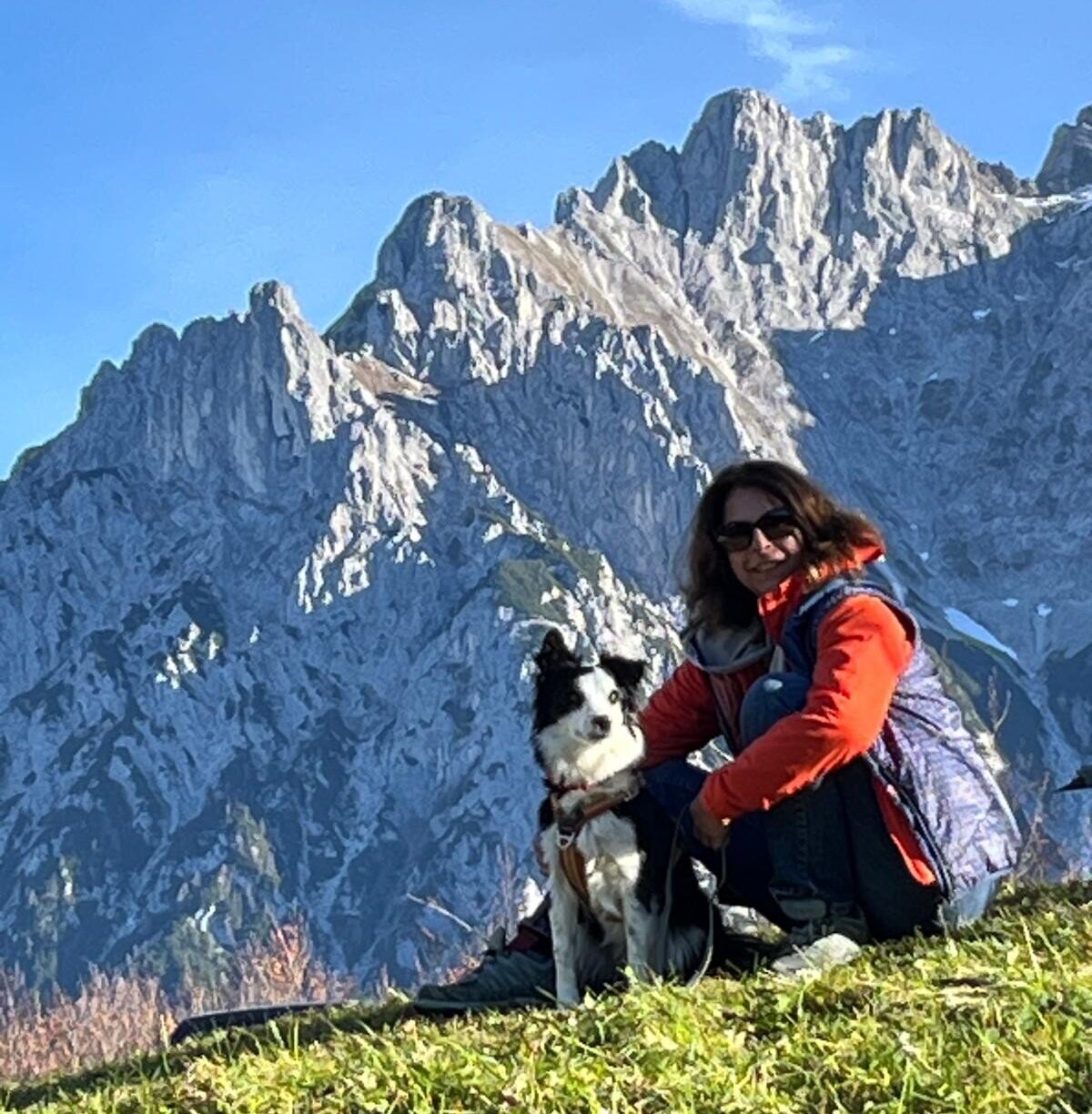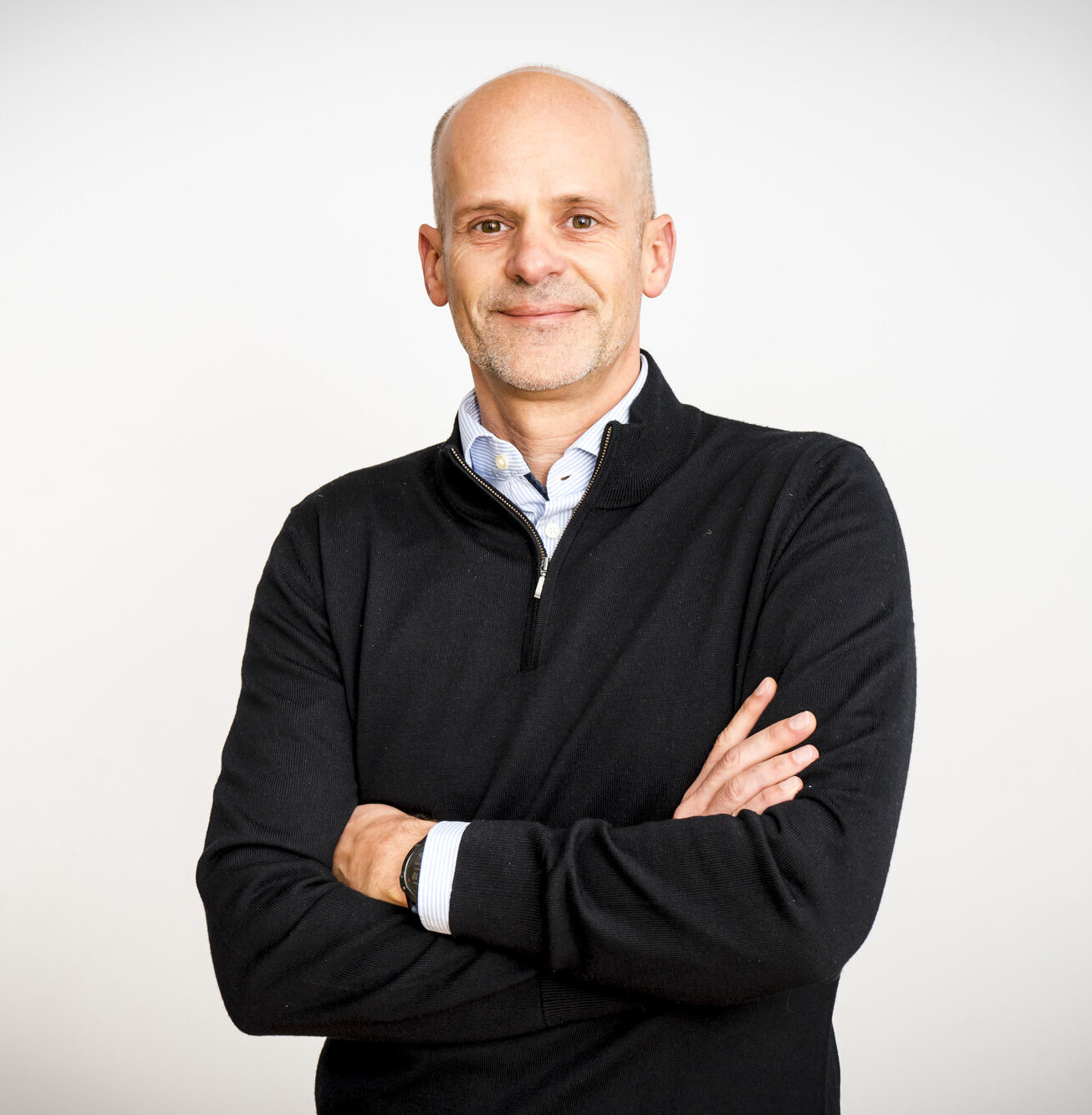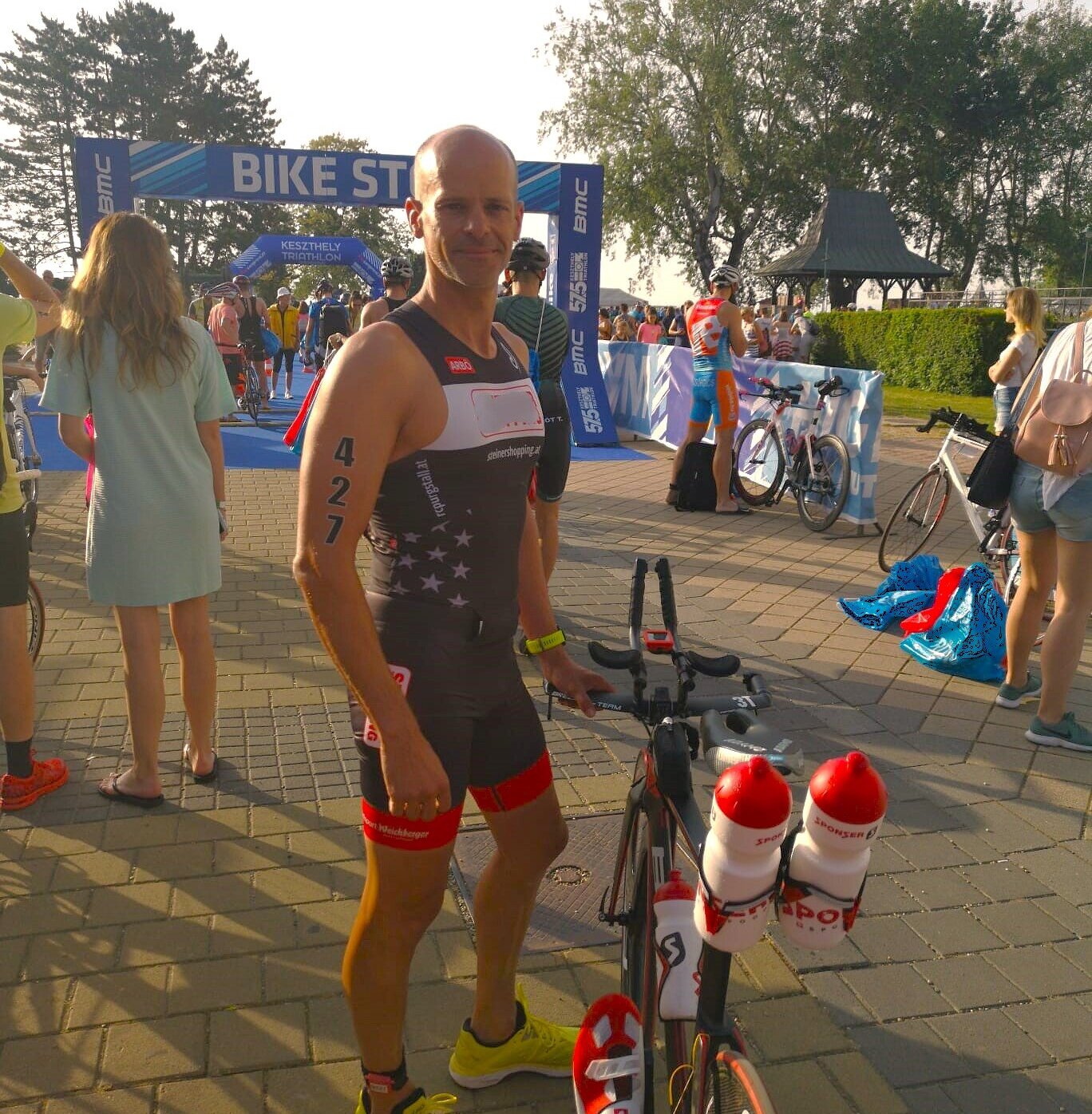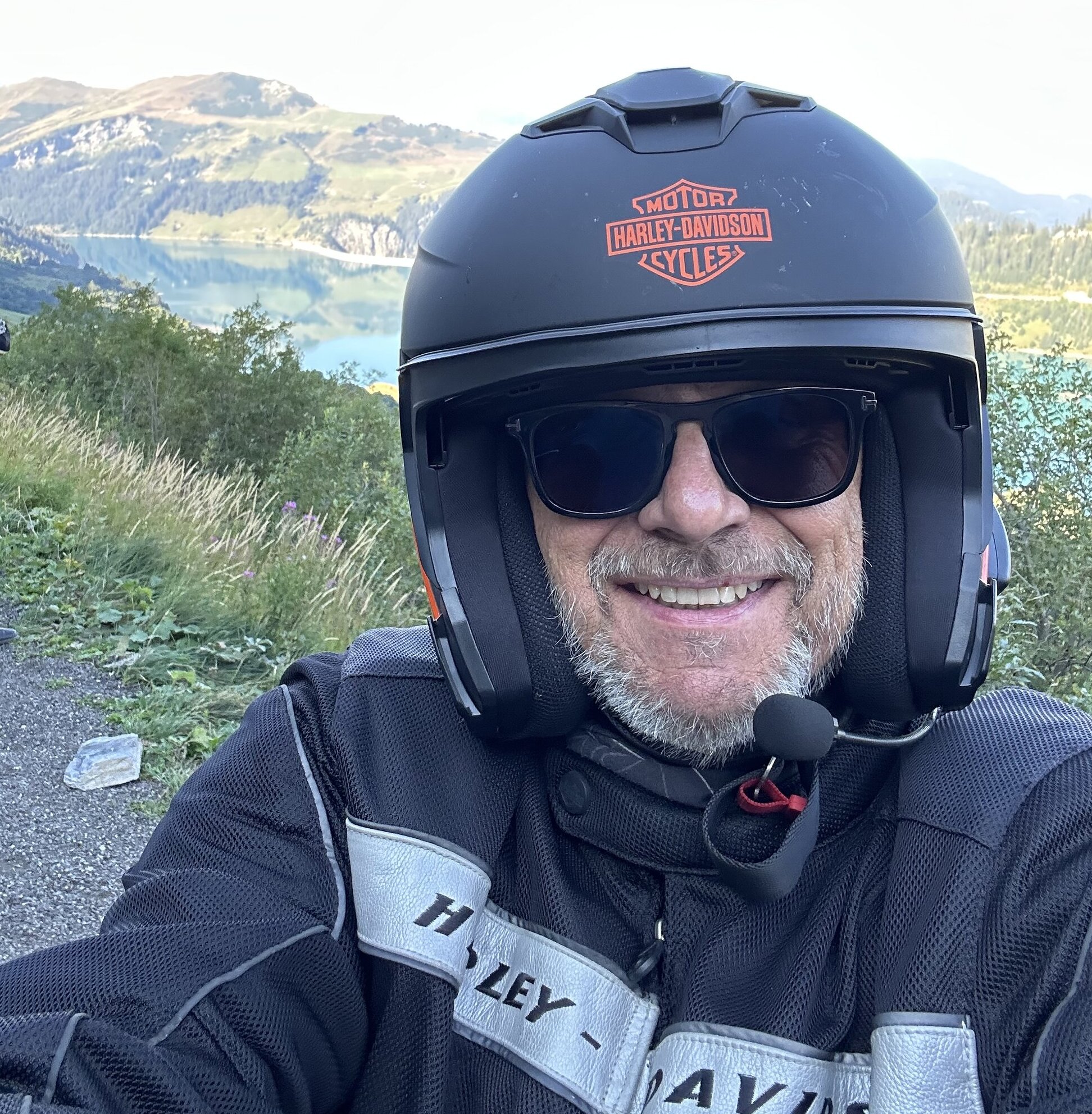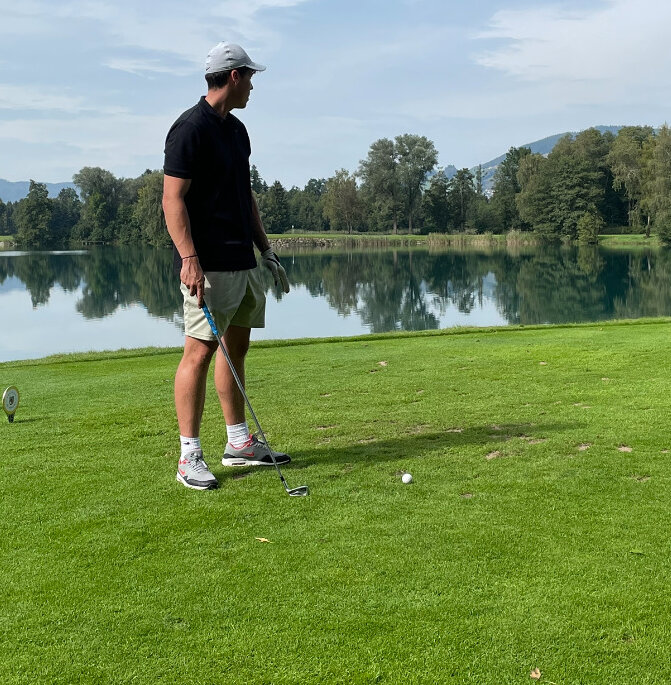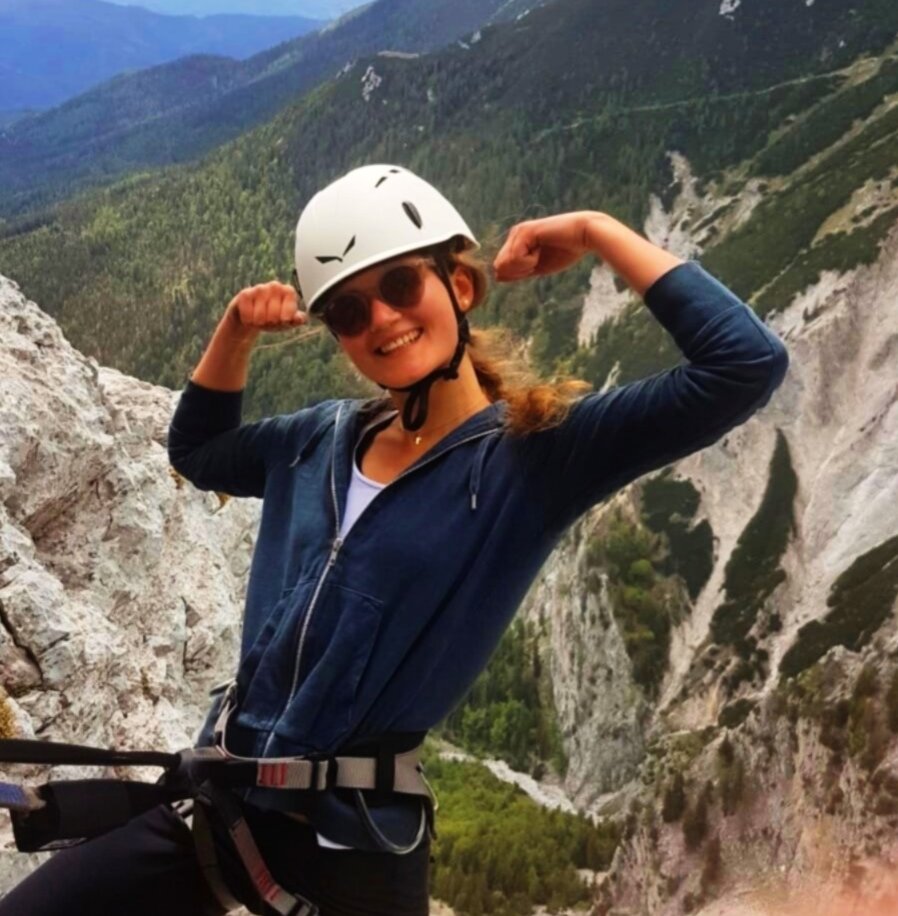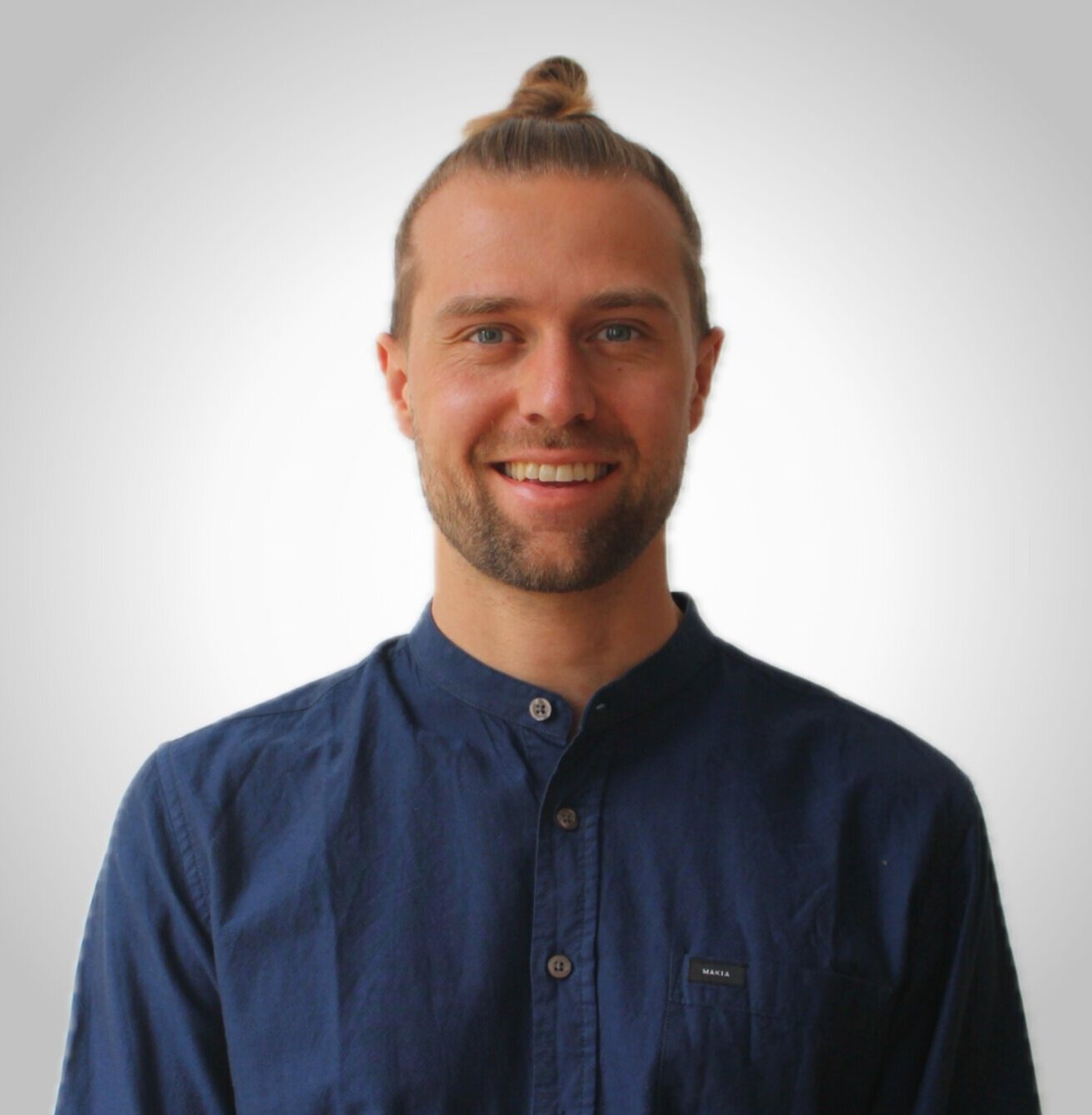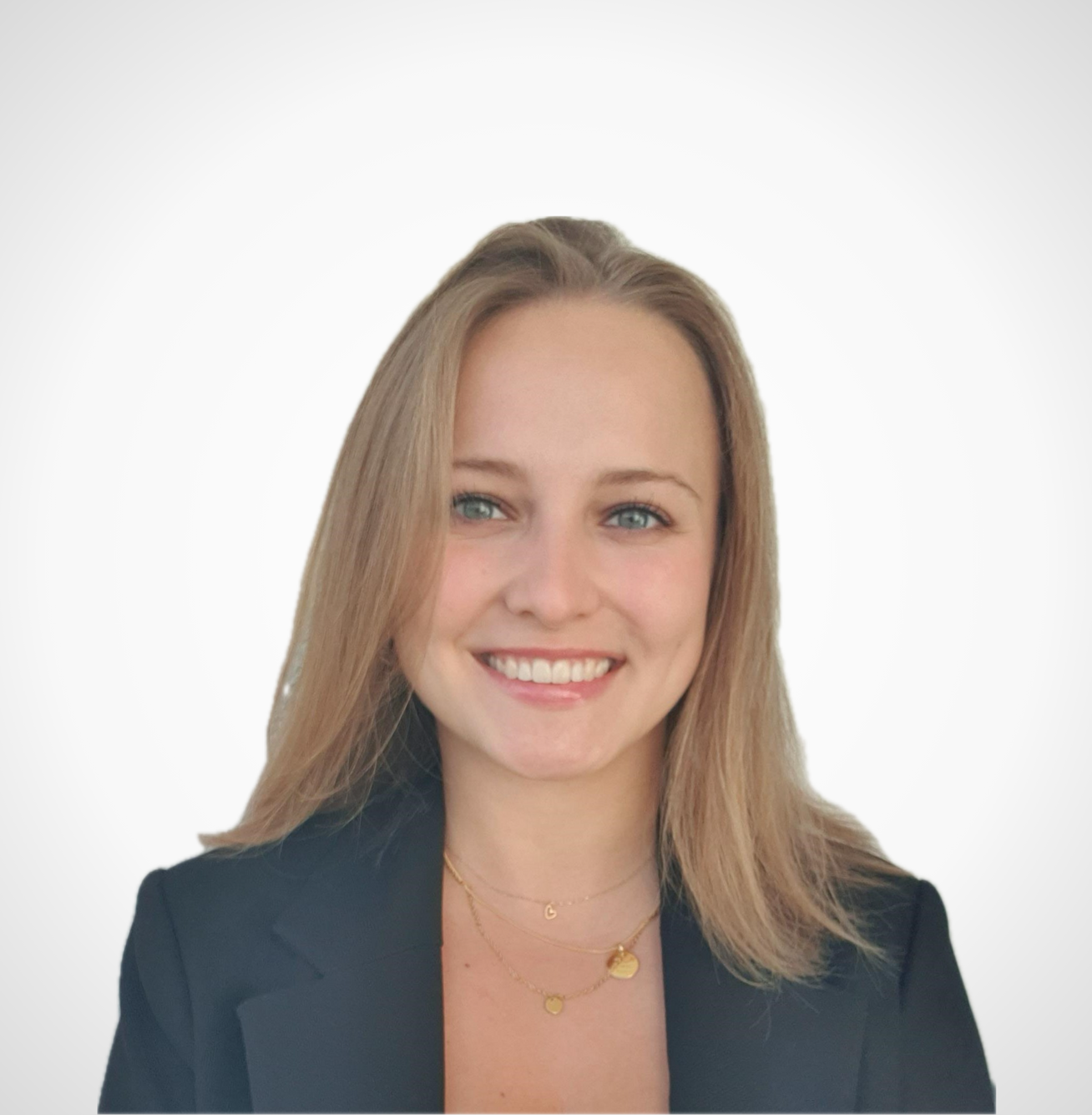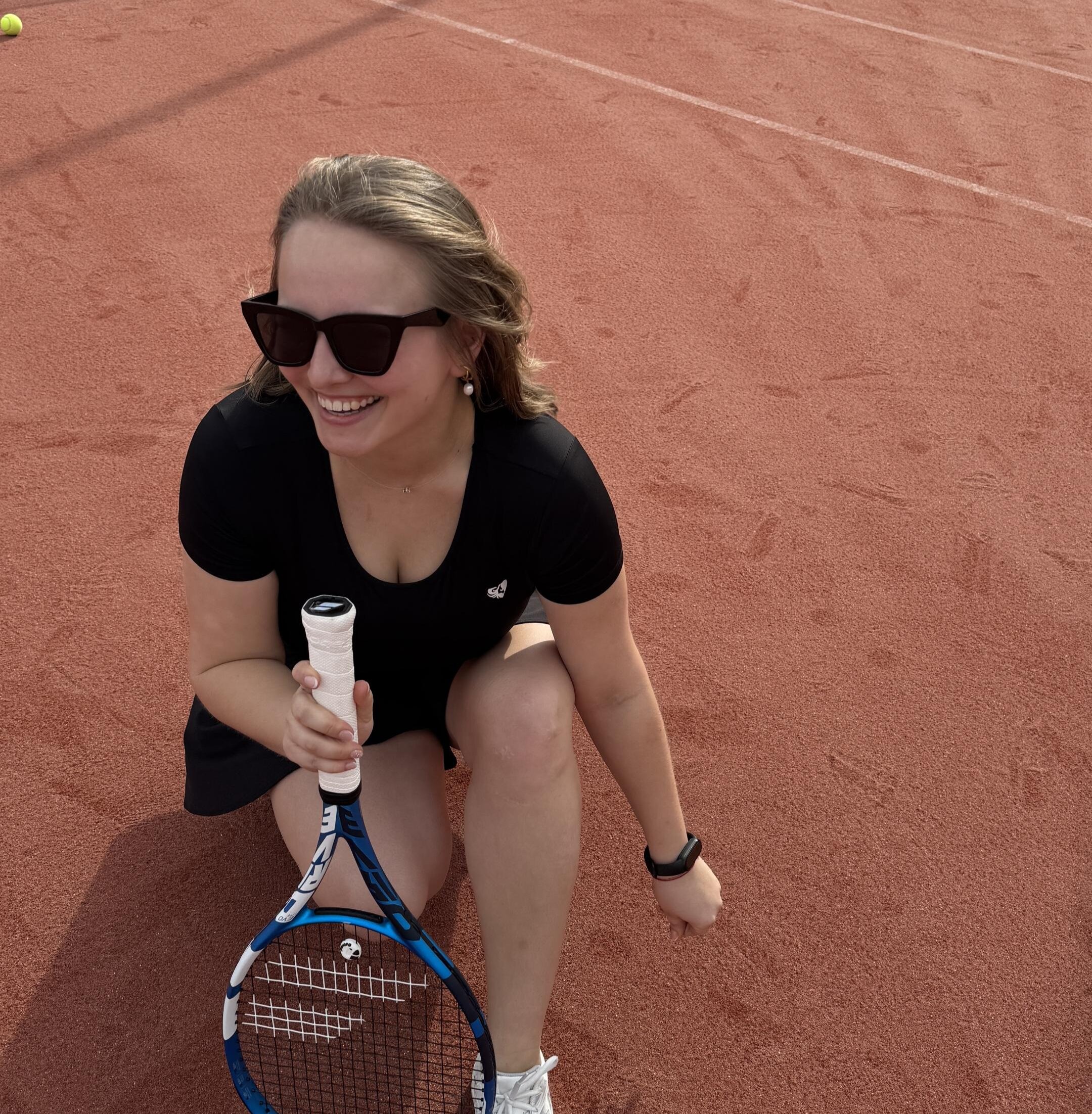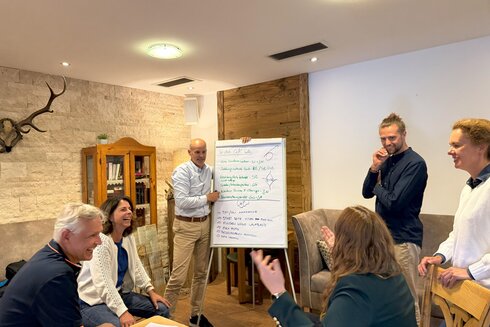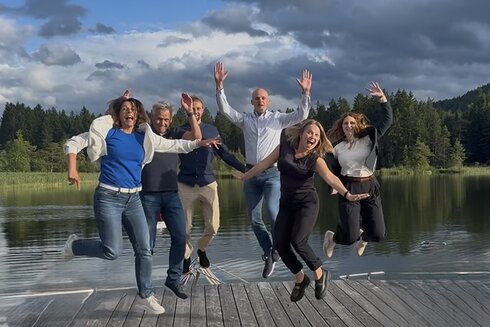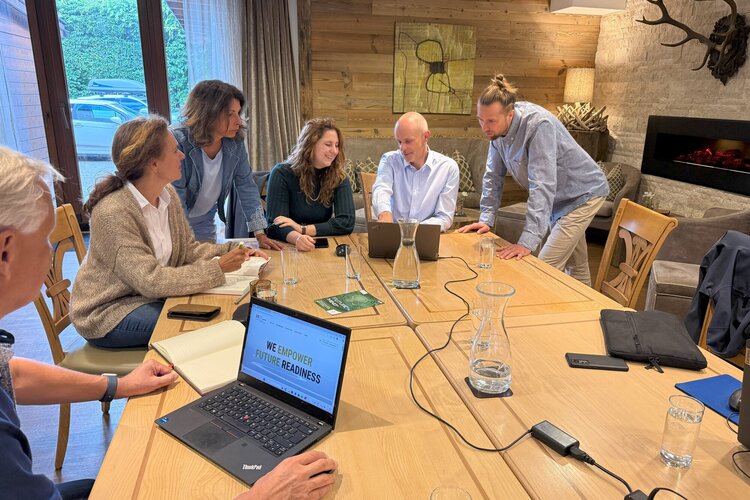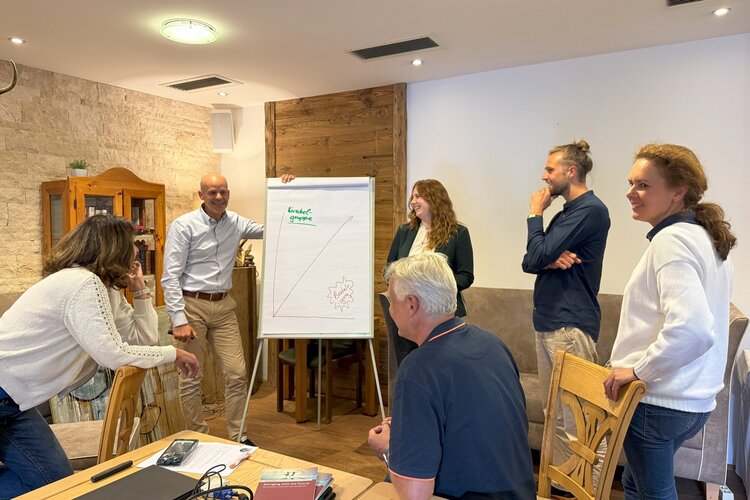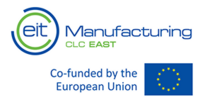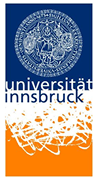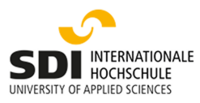About us
We believe that change is not only a challenge, but above all an opportunity - an opportunity to make organizations fit for the future and to empower people. We are clear in what we say and do. Our aim is to develop tailor-made solutions with sound expertise and transparent processes. Whether transformation management, leadership development or organizational development - we focus on clarity, precision and effectiveness.
Additional Team Members
Dr. Alexandra Mueller-Stingl has more than 25 years of experience in science, consulting and corporate management.
She has managed and accompanied a wide range of strategic and operational transformation and development topics in national and international companies as a manager or expert. Her main areas of expertise are
- employee management and leadership,
- transformation and digitalization
- increasing efficiency and process optimization
- innovation and development
always with a focus on the organizational, structural and personal components - the maximum impact is seen through the holistic view of organizations in their natural environment. The human component is always important to her - how can an ideal fit be created between the different needs and the joy of the work? With empathy, passion and sparkling energy, she supports companies and people to achieve their optimal fit in order to build long-term relationships and develop sustainably, sometimes with unorthodox, innovative methods that inspire.
As a doctor of economics, certified Lean/Six Sigma Green Belt and Financial Analyst, Trigon and Wingwave Coach, Neuromental Trainer, certified SHL Assesor and sustainability expert, she combines expertise with experience. Her approach reflects the understanding of companies as diverse eco-systems that can be sustainably successful if they represent a blueprint of their corporate environment. She supports companies in consulting, executive coaching and as managing director of an online community for business development for SMEs.
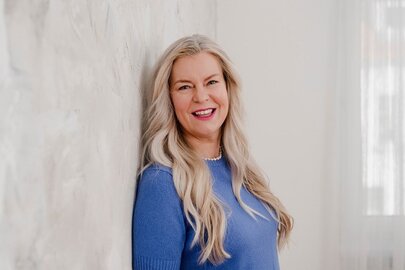
I am strengthening Transformation Management AG as a cooperation partner with a focus on leadership development, strategic learning architecture, learning design and executive positioning in times of change and realignment.
The focus is on designing learning architectures and leadership formats that are geared towards future skills, identity and strategic effectiveness – not as a management tool but as an integral initiative.
In concrete terms, this means for me:
- Developing and supporting strategic learning and development architectures
- Establishing learning-oriented, adaptable leadership cultures
- Promoting mindsets and behaviour patterns that strengthen future viability
- Executive coaching and strategic positioning of executives and top teams
- Sustainable development of future skills that intelligently combine corporate identity with sustainable fitness for the future.
With my background in identity and transformation work, leadership development and brand management, I combine analytical clarity, narrative depth and entrepreneurial thinking – for organisations and individuals who understand learning as a strategic force for development and want to lead into the future with creative drive, attitude and impact.
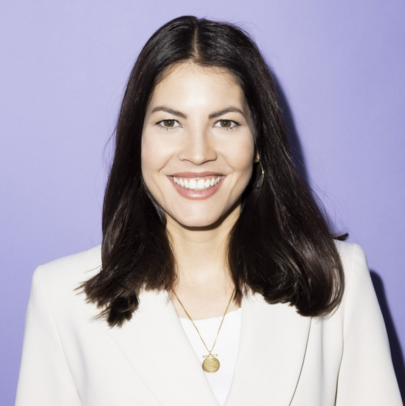
After studying commercial sciences at the Vienna University of Economics and Business with a focus in marketing, financing and foreign trade, Christian Pum began his career in sales and marketing of machines and systems for the plastics processing industry. For more than 30 years, Christian Pum has held various management positions in global companies in the mechanical engineering and construction supply industry, including more than 15 years as Chief Sales Officer and Managing Director.
Christian Pum has an international network and experience, especially in the plastics processing industry with a focus on automotive, medicine and packaging, but also in the construction industry due to his work as managing director of a large Austrian company in the construction supply industry.
In addition to the strategic and operational management of sales, particularly strategic projects included the realignment of the corporate culture, acquisitions of companies, complete restructuring of the sales organization, development of the e-commerce business, HR transformation project and entry into the Chinese market with local production and a two-brand -Strategy.
Christian Pum is an enthusiastic leader who consistently focuses on sustainably challenging, promoting and developing people with a high degree of authenticity and appreciation.

Jennifer Ruhfus (MSc) has a distinctly international profile. Born in the USA, she attended school in the USA and Germany, completed an English-language Bachelor's degree (International Business) in the Netherlands and Australia and an English-language Master's degree (Organization Studies) at the University of Innsbruck, graduating with distinction. Parallel to school and academic training, she regularly gained professional experience. Her hobbies - team sports, mountaineering, the outdoors - eventually led her into the world of consulting: Jennifer Ruhfus worked as an independent process trainer in the outdoor industry for five years. This experience, her academic background, her "open mindedness" as a person and the professional commitment she has shown so far provided a good basis for her start as a consultant at Transformation Management GmbH. Over the course of two years, she has been able to use her skills in numerous projects in the areas of leadership development, talent management and outdoor events to further develop the company. She is now still part of our extended team and provides active support in various projects.
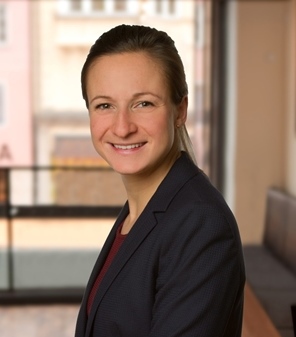
Managing Director, Dr. Storm Advisory GmbH
Dr Jörg Storm is the founder and managing director of Dr. Storm Advisory GmbH and one of Germany's best-known tech influencers. With over 1.3 million followers on LinkedIn and a weekly AI newsletter for more than 540,000 subscribers, he is one of the defining voices in digital transformation.
Previously, he spent over 25 years in international management positions at Siemens and Mercedes-Benz, focusing on strategy, IT, sales and auditing. His career took him to China, Japan and the USA, where he led and successfully implemented global transformation projects.
Today, Dr Storm advises companies, board members and executives in the areas of artificial intelligence, digital strategy and social media positioning. As a keynote speaker and university lecturer, he translates complex technologies into clear, bold and actionable strategies – always with a view to sustainable value creation and visible reach.
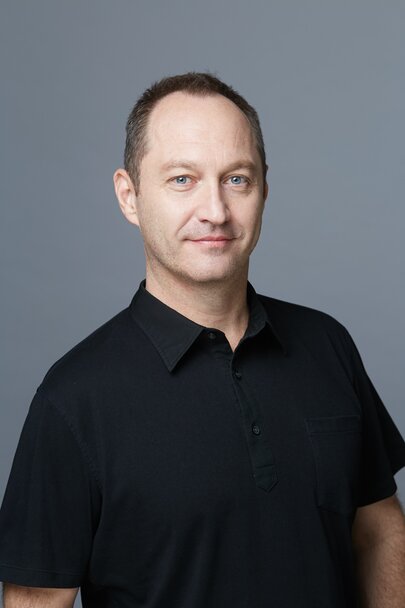
Jürgen Dworschak can look back on over 28 years in the business management sector, including more than 17 years in various managing director and management positions.
He has also been an independent management consultant for over 20 years, advising large companies and groups as well as small and medium-sized enterprises. In this context, he is also frequently active as a business trainer.
Jürgen Dworschak has also been involved in coaching, training, personality and team development as well as mediation for a long time.
He is an enthusiastic trainer, coach, mediator and author. Jürgen Dworschak sees his task as inspiring, motivating and developing individuals, teams and organizations. To help them create, utilize and fully exploit their potential.
He combines methods and tools from training, coaching, mediation and psychosocial counseling with business knowledge from management and leadership as well as his own experience.

Agile HR Transformation, HR Interim Manager, Transition Coach
"If you want to leave your mark, you need a profile."
Kristina Knopp is an experienced transformation consultant with over 25 years of experience in international organizations. She specializes in talent management, leadership and change - from strategy to implementation. Kristina has a deep understanding of corporate culture, processes and people - especially in the SME context.
She studied work and organizational psychology in Nottingham and London, later adding business administration by distance learning - and has continued her education: as a trainer, coach, agile coach, scrum master, most recently with programs at INSEAD. Her career has been international, with stints in Denmark, the Czech Republic and England. Whether managing personnel in a merger, setting up a site or relocating production to Eastern Europe - change was never an exception for her, but part of her everyday life.
At the age of 30, Kristina had already merged two companies as Head of HR. She later held global responsibility up to VP level - with up to 250 employees in her reporting line. She has been working independently as a consultant, interim manager and coach since 2019. She changes perspective as required: from internal to external, from strategy to implementation, from team to individual.
Kristina not only brings concepts to the table, she also gets stuck in. She knows how leadership really works today - with all its areas of tension and possibilities. And she has experienced what makes talents grow - and what makes them fail.
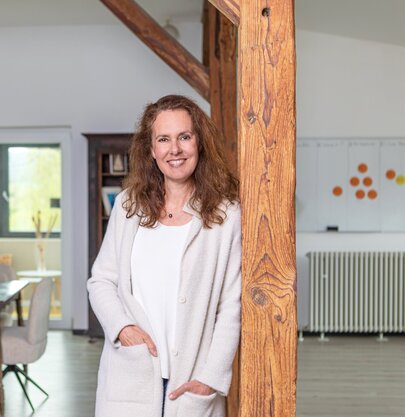
Engineer, academic coach, organizational and Organizational & Learning Development specialist
"Unfolding Potential"
Successful companies secure their future viability through a modern leadership culture, targeted talent and skills management and a corporate culture that sees change as an opportunity.
With over 25 years of experience in the automotive and construction supply industry - including more than 15 years in management positions - I support companies in shaping and sustainably anchoring these framework conditions.
My focus areas:
- Leadership development: development and implementation of international management programs to strengthen effective leadership skills
- Organizational development & change management: Supporting transformation processes with a focus on sustainable implementation
- Talent & competence management: Identification, promotion and strategic integration of talent in companies
- Coaching & mentoring: supporting managers and teams in the targeted development of their skills and potential
Together, we develop solutions that move companies and people forward.
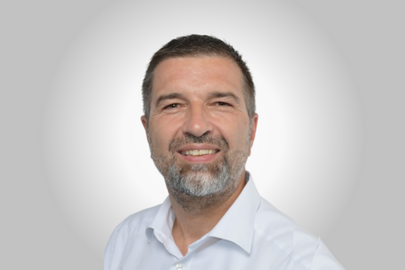
Ralf Heyen has more than 20 years of professional experience in the field of human resources. He has worked as Senior Vice President for global family businesses as well as large corporations.
His range of services covers the development of global HR strategies, the establishment and management of global HR organizations as well as the management of change and transformation processes. Since 2021, Ralf Heyen has been active in the field of executive search with his own consulting company and mainly advises large medium-sized companies and family businesses on filling management positions at the 1st and 2nd management levels.
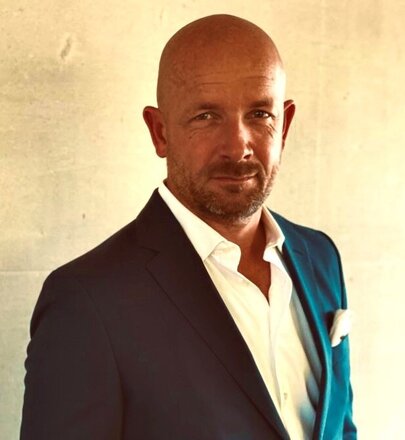
Professor Dr. habil. rer. nat. Roland Weierstall-Pust is W3 Professor of Clinical Psychology at the Medical School Hamburg and an internationally recognized expert with extensive publications in the field of stress research. In his many years of working in various post-conflict and crisis regions, he has developed numerous teams and prepared experts from the private and public sectors to work in the most dangerous areas worldwide in order to be able to work effectively and safely in high-risk environments.
He is a member of the Triple Nine Society and Mensa and an enthusiastic strategist. He has served in various key positions, including as an expert witness and consultant at the International Criminal Court in The Hague and as Director of Research and Corporate Development for a private hospital group with over 30 locations in Germany.
Roland Weierstall-Pust is an accredited supervisor and licensed psychotherapist in Germany and Switzerland. He runs both a consulting firm and a private practice in the heart of Frankfurt. His work for companies focuses on the development of teams and the development of potential in individuals, with a focus on systemic interactions in interaction with individual personality factors. Professor Weierstall-Pust supports TMAG in specific projects with his person-centered change management approach.
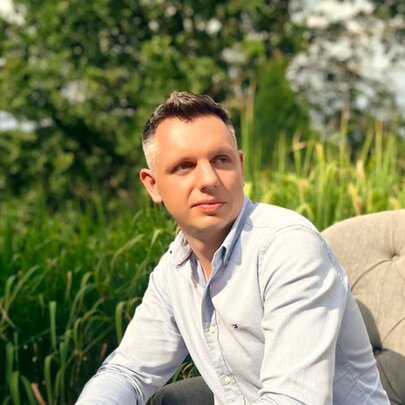
Expert for transformation, change management and leadership
Sabine Eichler has more than two decades of experience in advising and supporting organizations through complex change processes. Her core competencies include the design of change strategies, the development and implementation of modern organizational structures as well as comprehensive consulting for the reorganization and optimization of internal processes.
As a systemic consultant and certified trainer for Insight MDI personality profile analyses, she combines methodological expertise with a deep understanding of human behavior. Sabine Eichler has successfully supported companies from various industries - from medium-sized companies to global corporations - in transformation projects.
Her approach combines strategic clarity with empathic support to strengthen managers and teams in their development. With projects such as the development of change roadmaps, the introduction of agile working methods and leadership coaching, she makes a significant contribution to making organizations fit for the future.
As a member of TM AG, Sabine Eichler uses her extensive experience to promote cultural transformation and sustainable growth for clients. Her commitment to innovative, tailor-made solutions reflects TM AG's vision: to help organizations unleash the full potential of leadership, collaboration and individual development.

... not only talks about change, but has experienced it himself
A wrong step while hiking is Sebastian Wächter's undoing. He falls and breaks his neck. Diagnosis: paraplegia. 95 percent of his muscles are affected. His personal process of radical change began at the age of 18.
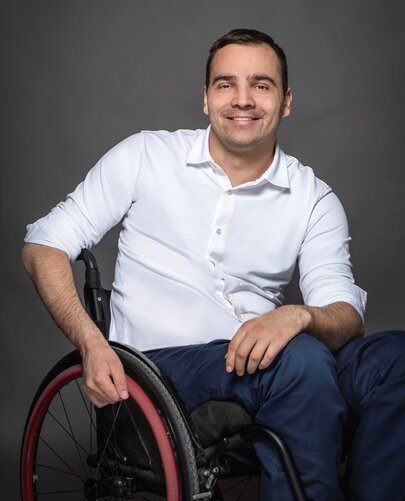
Advisory Board
An interdisciplinary Advisory Board provides critical and strategic support for our further development. The members contribute extensive management experience and perspectives from business, science and consulting. In this way, they help us to reflect on our "area of influence" and promote our openness to new developments with their ideas. The Advisory Board comprises up to 5 members.
With over 40 years of experience as a top executive in multinational manufacturing companies in North America, Europe and Asia, Johannes Hunschofsky is a visionary transformational leader and seasoned board member who successfully implements strategies for corporate turnarounds, improvement and growth, start-ups, acquisition integrations and restructuring.
Throughout his career, he has demonstrated a strong personal and professional commitment to talent development and has mentored and coached numerous employees at various stages of their careers. Working with top engineering schools, world-renowned technical universities and global corporations, Johannes has developed a variety of cutting-edge development programs and tools for motivated talent to grow and thrive. Given the current talent competition and the importance of strategic talent development and retention, he believes it is critical to focus on activities in these areas in order to succeed in the global war for talent.
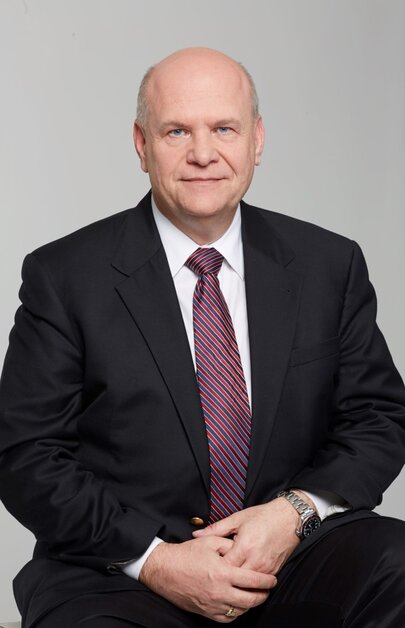
Over the past two decades, Dr. Busse has held various management positions in corporations, international family businesses and global industrial groups. As an entrepreneur, he has also founded several organizations in the digital environment. He designed continuous transformation and change management environments that were initiated by new technologies, such as Industry 4.0 or IIoT, or made through organizational adjustments. During his doctorate, he dealt with organizational theories to increase the efficiency and effectiveness of companies in transformation processes. He will also contribute his practical experience and expertise in making change processes successful to customer projects and the development of TMAG.
"I am very much looking forward to accompanying Transformation Management AG over the next few years and enriching the topic of transformation and change management with my experience and expertise. I see myself as a sparring partner for the TMAG team as well as in projects for end customers," explains Dr. Busse and continues, "I have known the core team and its methods and tools since 2008 and have already used them successfully on the customer side and am enthusiastic about them."
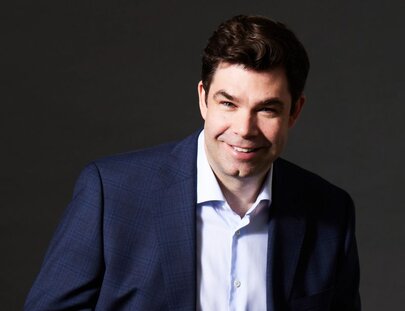
"Only where there is space can things move."
Professional movements: University professor of business administration until retirement. Parallel to this and afterwards, co-editor of specialist journals. After retirement: Scientific advisory board and board member of TMAG. Recently failed with the founding and publication of the business magazine "Netzwerk Tirol", also due to Corona.
Geographical movements: Across Europe; beyond to the other side of the world and back again.
Movements in my head: hopefully for a while yet.

After over 20 years as a CEO and a 35-year international career in fast-moving consumer goods, food ingredients and agricultural products, Markus retired as CEO of AGRANA AG in 2024. Agrana AG is a publicly-listed leading food ingredient and food solution specialist company with global sales of €3.5 billion and 9,000 employees in 26 countries.
Before leading Agrana, Markus was CEO of one of Europe’s leading dairy cooperatives, and held CEO and executive positions with FMCG and food companies in Germany, Europe, North America, Asia and Australia. He also held board and executive positions with many national and international associations and public service organisations.
Since retiring in 2024, Markus has been active as a senior advisor and independent strategy consultant for a number of companies in Europe. His practice is focused on corporate strategy, M&A, transformation and organisational change, and leadership development. He also teaches courses in Executive Decision Making, Strategic Sales Collaboration and International Marketing at the Vienna University of Economics & Business and the BOKU Life Sciences University in Vienna.
Markus lives in Vienna, Austria and in his spare time enjoys skiing, looking after his 1971 DS21, and keeping fit as a match official in football.




